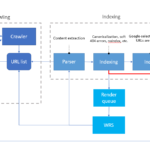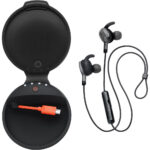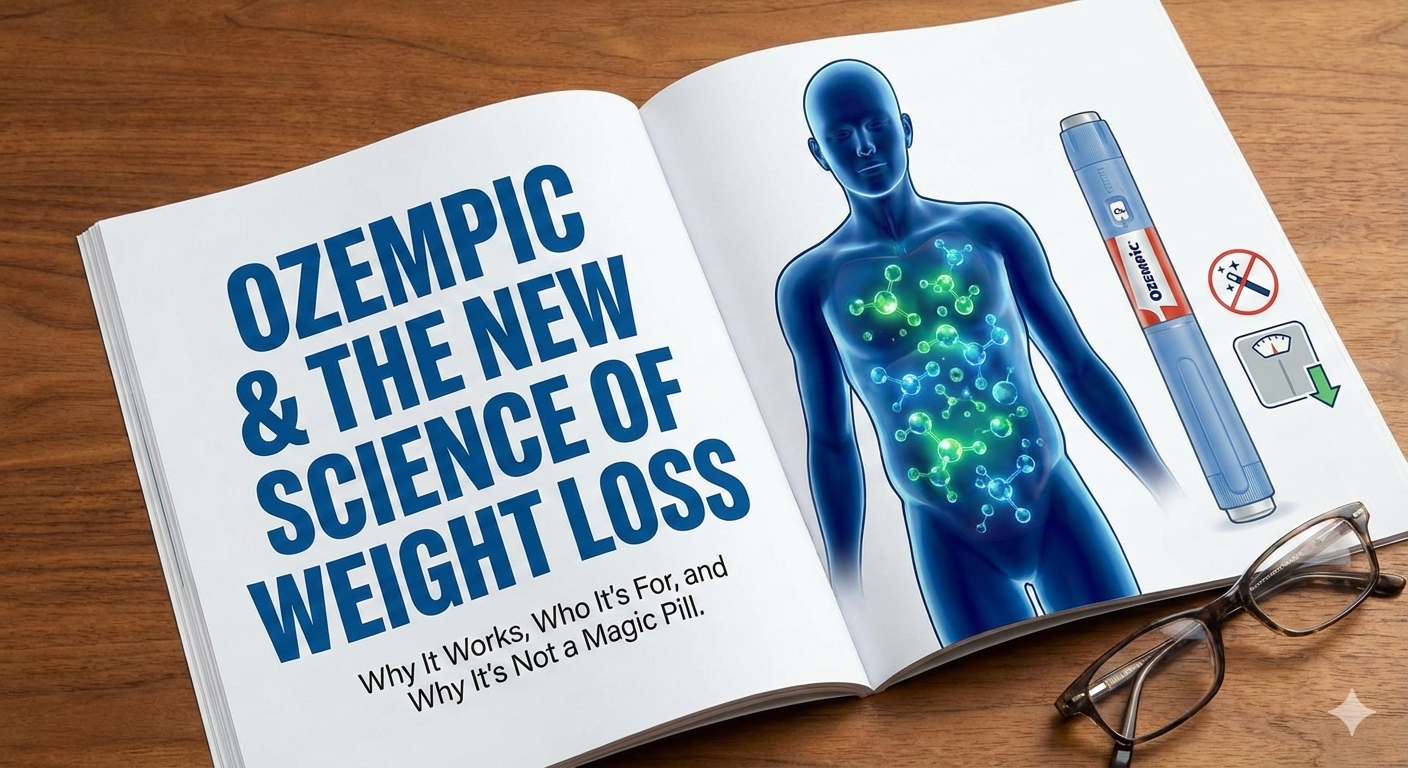Why Staying Hydrated Is Even More Important as You Get Older
Hydration is vital at every stage of life, but as we grow older, it becomes even more essential. Proper fluid intake supports digestion, temperature regulation, cognitive function, and muscle performance. Yet, many seniors don’t drink enough fluids daily, increasing the risk of serious health complications.
How Aging Affects Hydration Needs
Decreased Water Reserves in the Body
As we age, our bodies naturally contain less water. Muscle mass, which stores a significant amount of water, also tends to decrease over time. This change reduces the body’s ability to retain and utilize fluids efficiently.
Reduced Sense of Thirst
Older adults often experience a weakened sense of thirst, making it easy to overlook the need to drink water—even when the body is becoming dehydrated.
Declining Kidney Function
Kidney performance declines with age, which impacts the body’s ability to conserve water. In addition, many seniors take medications like diuretics or heart medications that can increase fluid loss.
Common Signs of Dehydration in Older Adults
Dehydration can be difficult to detect in older individuals. Look out for these early warning signs:
- Dry mouth or dry, flaky skin
- Dark urine or infrequent urination
- Lightheadedness or dizziness
- Confusion, fatigue, or mental fog
- Constipation or trouble passing stool
Severe dehydration can lead to falls, hospital visits, and memory issues. Early prevention is key.
Easy and Effective Ways for Seniors to Stay Hydrated
Simple Tips to Increase Fluid Intake
You don’t have to drink only plain water to stay hydrated. Try these senior-friendly hydration tips:
- Sip fluids consistently throughout the day—not just when you feel thirsty
- Enjoy soups, smoothies, and herbal teas as hydrating meal options
- Eat water-rich fruits like watermelon, oranges, and strawberries
- Add hydrating vegetables such as cucumbers, tomatoes, and lettuce
- Flavor water naturally with lemon, mint, or cucumber slices
Eat Your Water: Hydrating Foods for Older Adults
Around 20% to 30% of daily fluid intake comes from food. Incorporating these water-rich foods can help you stay hydrated:
- Yogurt and cottage cheese
- Broths and clear soups
- Fresh fruits and vegetables
Avoid salty snacks and processed foods, as they can increase fluid loss and contribute to dehydration.
Special Hydration Considerations for Health Conditions
Certain medical conditions can change hydration needs. Here’s what older adults should keep in mind:
Heart or Kidney Disease
May require limited fluid intake—always follow your doctor’s guidance.
Diabetes
Increases thirst and urination, which raises the risk of dehydration.
Dementia or Alzheimer’s
May reduce awareness of thirst or ability to access fluids independently.
If you or a loved one has any of these conditions, consult a healthcare provider to determine safe fluid levels.
Do Coffee and Tea Count Toward Daily Hydration?
Yes—coffee and tea can contribute to your daily fluid intake, despite common myths. However, limit sugary sodas and energy drinks. Milk and electrolyte-rich drinks (like sports beverages) are also good options, especially during hot weather or after exercise.
When Additional Hydration Support Is Needed
In cases of illness, hospitalization, or severe dehydration, older adults might require:
- Oral rehydration solutions with electrolytes
- IV fluids for fast hydration recovery
Electrolyte-based drinks with small amounts of sugar can be more effective than water alone during recovery.
Final Thoughts: Hydration Is Key to Healthy Aging
Staying hydrated is one of the simplest and most powerful ways to support overall health as we age. From improving energy levels to reducing the risk of confusion or falls, daily hydration habits truly matter.
Whether it’s sipping water more often, adding hydrating foods to your diet, or keeping a reusable water bottle within reach, small steps can lead to big health benefits.
SEO Keywords:
hydration for seniors, signs of dehydration in elderly, senior hydration tips, aging and water intake, hydrating foods for older adults









